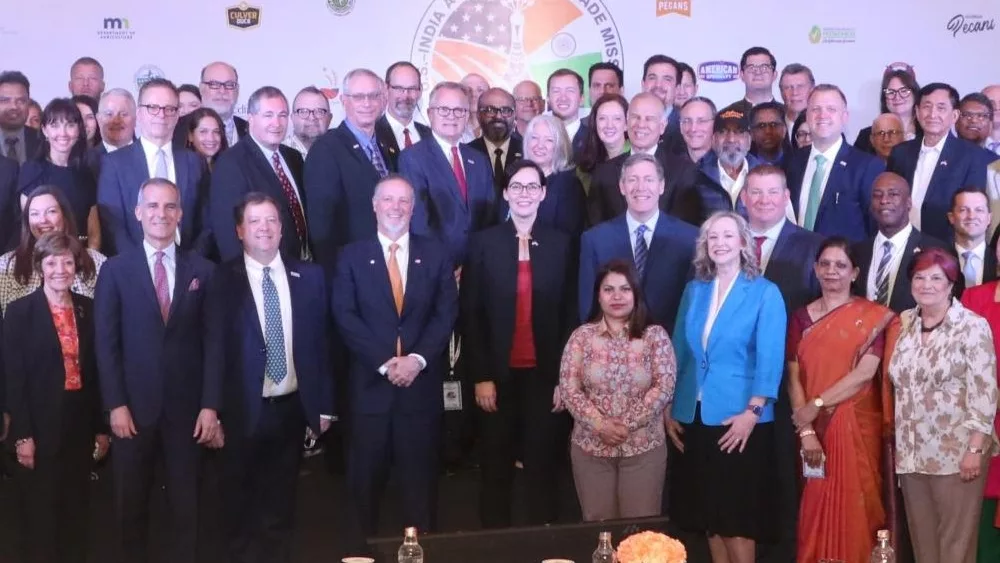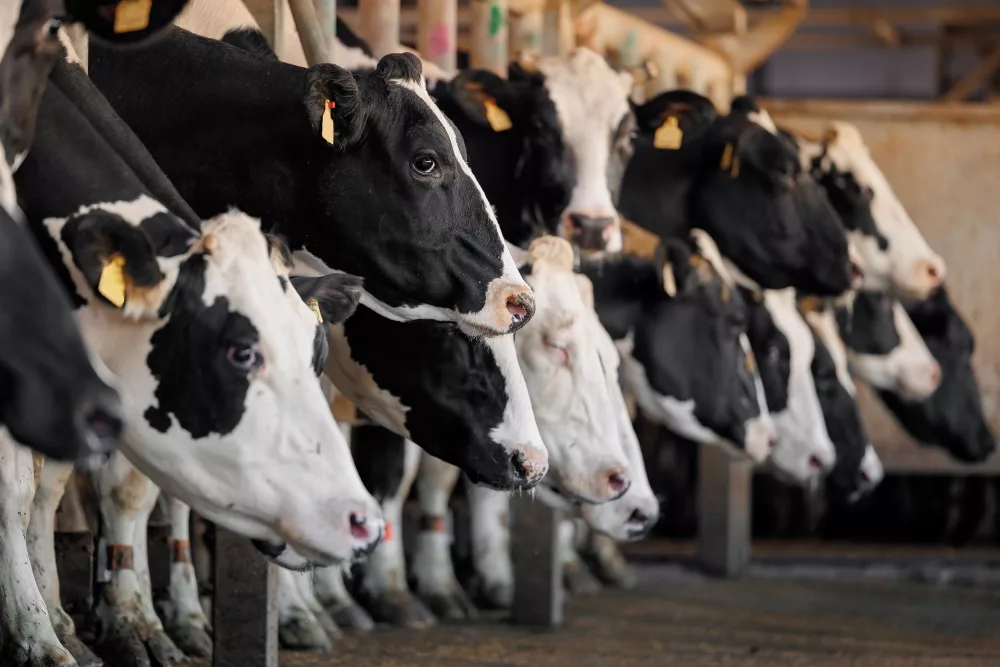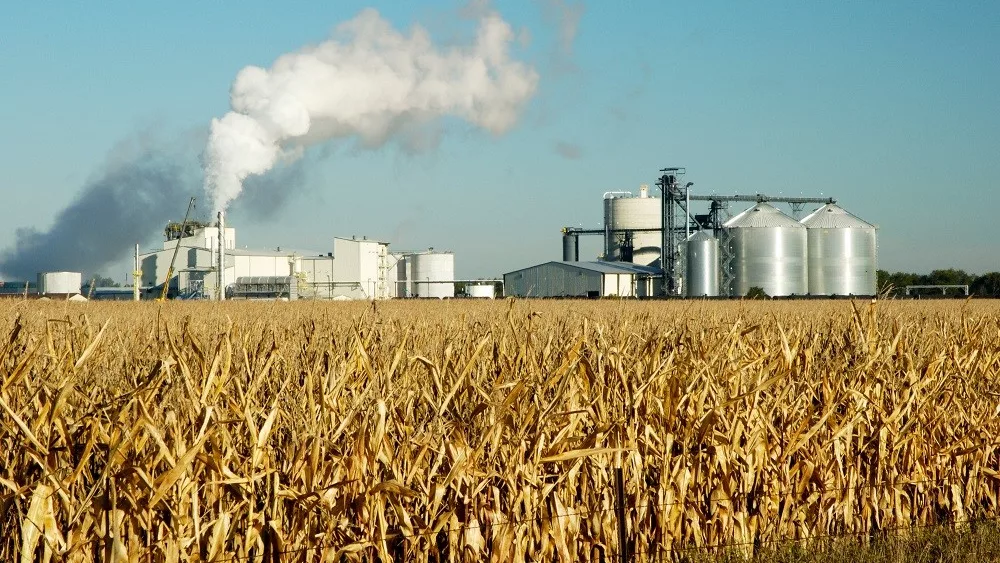
The MAT Sugarbeet Planting report is made possible by BASF and Provysol fungicide. Be proactive and control cercospera leaf spot in your sugarbeets.
Farm Bills expire every five years, so anticipating the challenges ahead are tough. Between COVID, the Russia-Ukraine War, and impacts to our supply chain, the sugar industry has proven to be resilient.
Luther Markwart, executive vice president with the American Sugarbeet Growers Association, credits that success to efforts made by the industry in Washington D.C.
“Fortunately because of our U.S. sugar policy, we’ve been able to navigate those issues for consumers, and we’ve provided reliable supplies and stable prices,” he says.
Primary elections are underway in many parts of the country and will last throughout the summer. Markwart says this will serve as a barometer to learn about the interests of contenders and their constituents.
“From a food perspective, I think the new Congress in 2023 will look back on the experience through COVID and say we have to have a strong food supply because food security is national security,” he says. “We’re the third largest importer of sugar in the world—we do not want to consolidate our domestic industry any further.”
However, an influx of new Congressional leaders in November means a crash course while the 2023 Farm Bill is being written.
“There’s going to be probably 200 House members that have never voted on a farm bill—they’re new since 2018,” says Markwart. “That means there’s a lot of work, a lot of education to bring to these new members. What we’ve been doing most of the time is doing our work through Zoom and phone calls. We are hopeful that as we get into this fall and early next year as we begin to write the next farm bill, we’ll be able to see these folks face to face.
For our full conversation, check out the May 5, 2022 edition of the MAT Podcast in the player below.





